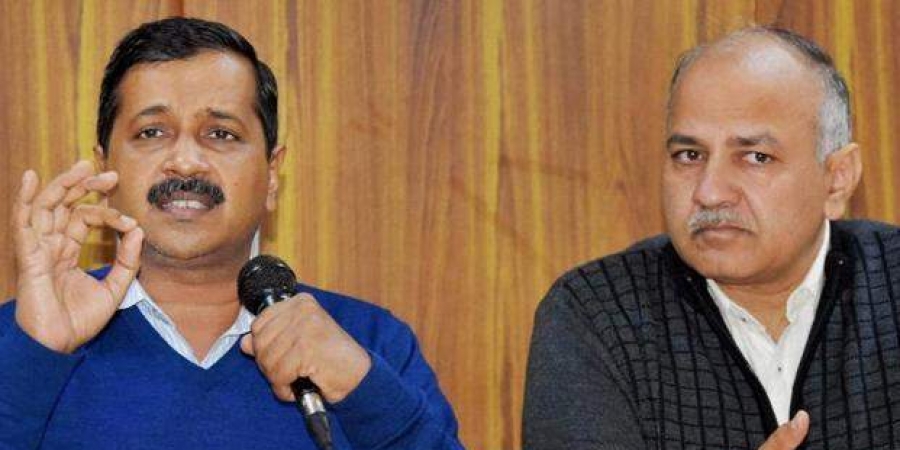NEW DELHI: Delhi Cabinet, headed by CM Arvind Kejriwal, on Friday approved two proposals for creating 22 commercial courts as well as 18 permanent fast track courts in the capital. The commercial courts will help solve disputes speedily thus enabling the city to enjoy a favourable environment while at the same time improving the capital’s ease-of-doing-business rank. This development came after the proposal of law department headed by Kailash Gahlot, law minister in Delhi’s AAP government.
With a high number of pending cases and uneasy litigants, these courts serve as a blessing. Solving the issue of latency that generally arises in court cases, commercial courts would enable a quick disposal of cases.
Additionally, the Delhi government resolved to create 212 positions in the Delhi High Judicial Services which includes 22 posts for judges, for the 22 commercial courts. When it comes to fast-track courts, the government will convert 90% of the existing ad-hoc (temporary) posts into permanent ones. This move will also establish 18 permanent fast-track courts in the national capital.
Under the Code of Criminal Procedure, sexual offences and cases of rape against minors under POSCO Act are to be decided under two months. For such trials, fast-track courts justify their existence. With the increase in pending sexual assault and rape cases in the Capital, the Delhi high court had asked the Delhi government to initiate a requirement of 18 permanent fast-track courts and 22 commercial courts before the cabinet. This matter had been in the works since 2017
Such courts will be established in different districts of the capital to render them more accessible. Delhi has already had functional commercial courts in the HC to ensure speedy disposal of commercial cases. With Delhi being a hotbed of commercial activity, it also brings with it a larger number of disputes. In order to address this issue, the creation of commercial courts became necessary.
With such proceedings, it won’t be unlikely to see similar courts being created in other parts of the country. Especially in cities which boast of extensive commercial activity.

